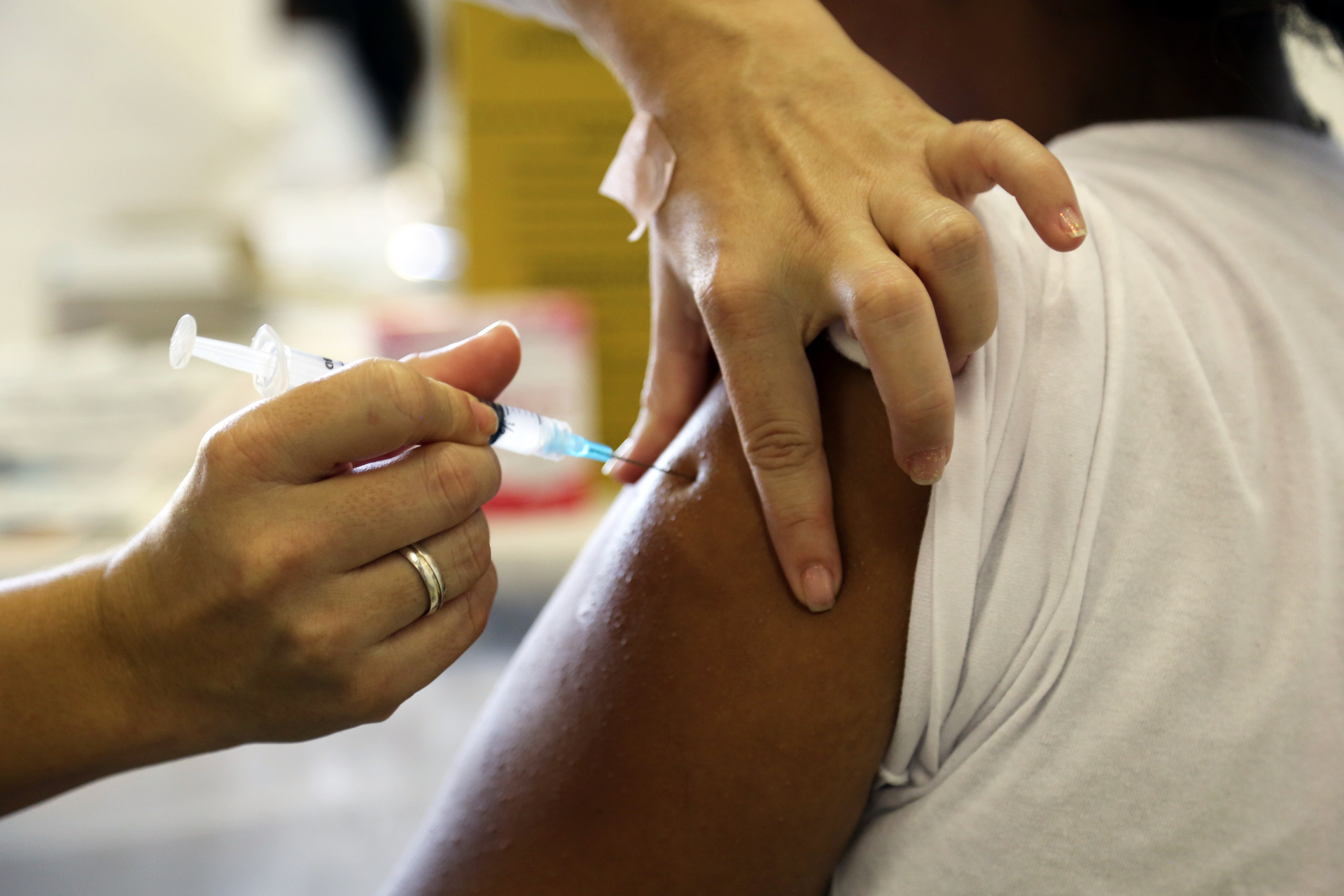Global Allergy & Airways Patient Platform
Atopic Dermatitis Doctor Visit Card
Guide
10 Feb 2026

Human papillomavirus (HPV) is a common sexually transmitted infection. Almost all sexually active people will be infected at some point in their lives, usually without symptoms.
HPV can affect the skin, genital area and throat.
Condoms help prevent HPV but do not offer total protection because they do not cover all the genital skin.
HPV usually goes away on its own without treatment. Some HPV infections cause genital warts. Others can cause abnormal cells to develop, which go on to become cancer.
Cancers from HPV can be prevented with vaccines.
The vaccine does not contain any live virus or DNA from the virus so it cannot cause cancer or other HPV-related illnesses. The HPV vaccine is not used to treat HPV infections or diseases caused by HPV, but instead to prevent the development of cancers.
Currently, cervical cancer is the only HPV-caused cancer for which screening tests are available. Screening tests are used to check for disease when there are no symptoms. The goal of screening for cervical cancer is to find precancerous cell changes before they become cancer and when treatment can prevent cancer from developing. Screening for cervical cancer is an important part of routine health care for people who have a cervix. This includes women and transgender men who still have a cervix.
Cervical cancer is the most common type of cancer caused by HPV, other less common cancers affecting men and women, including anal, vulvar, vaginal, mouth/throat and penile cancers.
Information presented on this page has been replicated from the linked WHO fact sheet. Please always refer to the original source on who.int for the latest version. Last update: March 2024